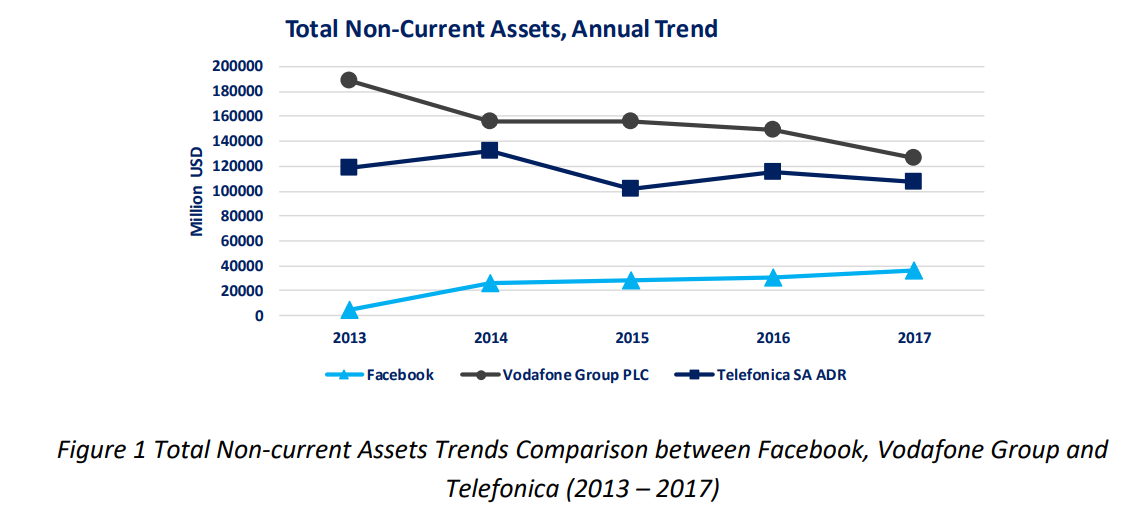

Digital transformation strategy framework
With the unprecedented diffusion rate of digital technologies in the past decade, digital has become a transformative driver for successful businesses, whether dealing with products, services, or processes. Many companies are experimenting with digital technologies, trying to make use of their potential and evaluate their impact on their businesses in terms of value creation and competitive advantage. It has been cited in the literature on how digital technologies like 5G, Machine Learning, Artificial Intelligence, Blockchain, Big Data, and others, have the potential to improve products, processes, sales channels, and supply chains. Thus, companies that can leverage digital technology across their different businesses' aspects in a better position to succeed in the present digital economy. Before the evolution of IT and its pervasiveness, IT / technology strategy has been used as inferior to business strategy, aligned with the objectives of business strategy but not central to strategy formulation. When the business strategy is developed in isolation of the digital context, business decisions are made neglecting the power of digital technologies and what it can do to disrupt the whole business. Despite the significant interventions of executives to digitalize their companies for gaining a competitive edge in the digital economy, the reports show a failure rate of about 70% for organizations trying to execute digital transformation projects. There are no guidelines in academia on how to develop a proper digital transformation strategy for companies on the verge of disruption. In order to close this gap, this research attempts to develop “A strategy framework for the digital transformation of any company”. This framework is holistic and foundational, takes into consideration the promises of digitalization to the different aspects of business, and hence it constitutes an essential section in the strategy of the company. This research is conducted in two phases: Framework Synthesis and Framework Validation. In the “Framework Synthesis”, we identify general business strategy frameworks to synthesize the crucial elements of a business strategy without the impact of digital technologies. We then identify and analyze the effects of digitalization on the different businesses' aspects and components. This allows for the understanding of the promises of digitalization for the businesses and the impact it may create when formulating a digital business strategy. Different attempts to develop frameworks for digital business strategy or digital transformation strategies are identified. The above stages of studies enabled the researcher to develop a framework for the digitalization process for the companies. For the validation of the developed framework, the researcher conducted a number of semi-structured interviews with industry experts engaged in digital transformation projects across different sectors. Sectors include telecommunication, media, banking, public sector, among others. Their insights and experiences were absorbed, and their comments were gathered, and all were incorporated into the final proposed framework. The framework is comprised of three stages with four core dimensions which are: “Positioning”, “Business Model”, “Dynamic Capabilities” and the “Transformation Roadmap”. This framework will serve as general guidance for the formulation of a company's strategy for the digital transformation of its businesses that is necessary for its long-term existence and competitiveness. © 2020 Towards the Digital World and Industry X.0 - Proceedings of the 29th International Conference of the International Association for Management of Technology, IAMOT 2020. All rights reserved.